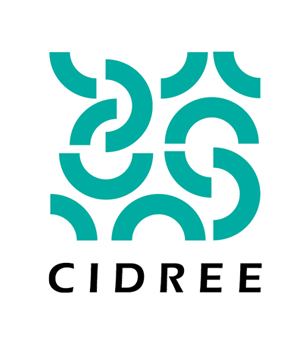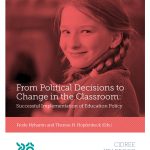
Yearbook 2015
Improving Literacy Skills Across Learning
Edited by Viola Bozsik
The results of PISA 2009 revealed that 1 in 5 young (15 year old) Europeans struggle with problems of reading comprehension. PIAAC reinforces this troublesome picture: more than 73 million adults in the EU lack basic reading and writing skills, which increases their risk of poverty and social exclusion. The European High Level Group of Experts on Literacy was commissioned by Androulla Vassiliou, European Commissioner for Education, Culture, Multilingualism, Youth and Sport in 2011 to oversee the state of literacy in Europe and come up with recommended steps to improve the situation. Their final report of 2012 talks about a „literacy crisis”. The three main directions of the recommended steps are: 1. creating a more literate environment, 2. raising the level of literacy teaching and providing more reading support and 3. increasing participation and inclusion.
Our yearbook aims at presenting how 9 different European countries (Estonia, Finland, France, Hungary, Ireland, the Netherlands, Scotland, Slovenia and Sweden) have undertaken steps to address the problem of low literacy levels. The volume addresses the topic of literacy on several levels. Readers can learn about specific classroom practices, textbooks and exam questions on the micro level, specific local programs, curricular changes and case studies on the mezo level, and also national and international policies on the macro level. Once all this is done, and a great amount of knowledge is conveyed on the what and how, we take a step back to reflect upon why improve literacy levels, what goal does it serve, and where are we headed with literacy education.
Currently, several efforts are being made in Europe to tackle this challenge, perhaps the most comprehensive one is the work of the ELINET network, the antecedents of which project are presented in one of the chapters. By inviting project coordinator Dr. Christine Garbe to contribute to the yearbook, we wanted to converge the efforts and knowledge of ELINET and CIDREE, and our hope is that members of both networks will find it useful to get a glimpse into each other’s resources and connections.


